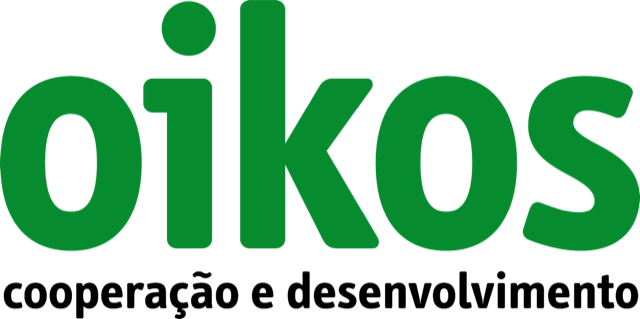
São Tomé and Príncipe
Landscape management in São Tomé and Príncipe: an integrated approach that meets the challenges of climate change adaptation, biodiversity and ecosystems conservation for sustainable human and economic development.
Partners: Lead applicant: Oikos – Cooperação e Desenvolvimento Co-applicants: BirdLife International (UK), Zatona–ADIL,
Key thematic areas
Protected conservation areas, agroforestry systems, participatory governance, climate change, landscape and ecosystem management approach
The challenges
There are four main drivers of biodiversity loss in STP, particularly in its forest ecosystems: land-use change, low productivity, overexploitation of natural resources, and pollution and climate change.
Significant gaps and barriers remain in the legal/regulatory and institutional frameworks. There are conflicts between line ministries for the environment and agriculture over mandates (biodiversity, forest and protected areas) and land use. There is limited law enforcement by the state in the case of infractions. Infrastructure to attract and accommodate visitors and staff is lacking, and there are limited eco-guard outposts. There is a growing, but still weak, awareness that badly planned agricultural investment for commodity production (coffee, cocoa) is leading to the degradation of forests.
Goal
This project aims to improve the use and management of land and natural resources through an island-wide integrated landscape management approach, contributing to sustainable access to food, wealth and preservation of ecosystems of the Obô Natural Park and São Tomé High Conservation Value forests.
Landscapes
São Tomé and Príncipe (STP) is an island country located in the Gulf of Guinea, off the coast of west-central Africa. Measuring just 1,000 km2, STP is Africa’s second smallest country but enjoys fertile soil, ample water and a long growing season due to its tropical climate. Its economy is based largely on plantation agriculture, with cacao as its main export crop. Nonetheless, it remains dependent on food imports, as domestic production is insufficient to meet demand. During the COVID-19 pandemic, the country has suffered from both food shortages and disruptions in cocoa exports . Due to isolation, the islands are home to a large number of endemic species, particularly birds. Large areas of forest were cleared for agriculture during the Portuguese colonial period (~1470–1975), although some secondary forests have since regenerated. While rarely exposed to tropical cyclones, STP is highly vulnerable to rising sea levels due to climate change (Sources: Britannica and WWF).
Approach
This project will deliver an integrated landscape management approach focusing on the island of São Tomé. Principe will benefit from specific activities and technical support to replicability through an integrated intervention focusing on improving natural resources sustainable management and governance, and ecosystems conservation. To that end, the project will reinforce the means and capacities of relevant structures, stakeholders and communities. It will also reduce human pressure on Protected Areas and High Conservation Value forests by promoting sustainable agriculture practices (more productive and adapted to climate change effects), and by improving the value chains of specific products and increasing economic benefits to the population (with particular interest in the active participation of women and vulnerable groups and in the promotion of their access to economic opportunities).
Specific actions
As part of its first strategy, the project will aim to enhance the management of protected areas through research, development of public-private partnerships for ecotourism, creation of a Conservation Trust Fund to increase and coordinate funding for protected areas, the provision of technical and financial support for a forest surveillance and monitoring system, and the organization of local workshops to engage key stakeholders in forest management and governance.
Its second strategy will involve developing and piloting community-based agroforestry models, supported through capacity building, production plans for organized agricultural producers and infrastructure improvements. Agroforestry products commercialization on local and international markets will be enhanced for producers and small businesses.
Lastly, under its third strategy, it will organize and promote participation and deliver capacity building for all stakeholders. To that end, it will engage and empower stakeholders through experiential learning and an improved institutional framework on biodiversity conservation, protected area management and sustainable management of forests. Communication actions will be used to educate, engage and persuade key stakeholders at national, regional and international scales. Dissemination and learning activities are foreseen as the project is aware of the potential for learning from similar initiatives and for extending the benefits of this project more widely.
Contacts
- Domingos, Ricardo – Oikos Headquarters Portugal Operations Director ricardo.domingos@oikos.pt
- Pardo, Tomás – Oikos São Tomé e Principe Project Coordinator– tomas.pardo@oikos.pt
Further information
Start date 1 March 2021. Total project duration 56 months.






